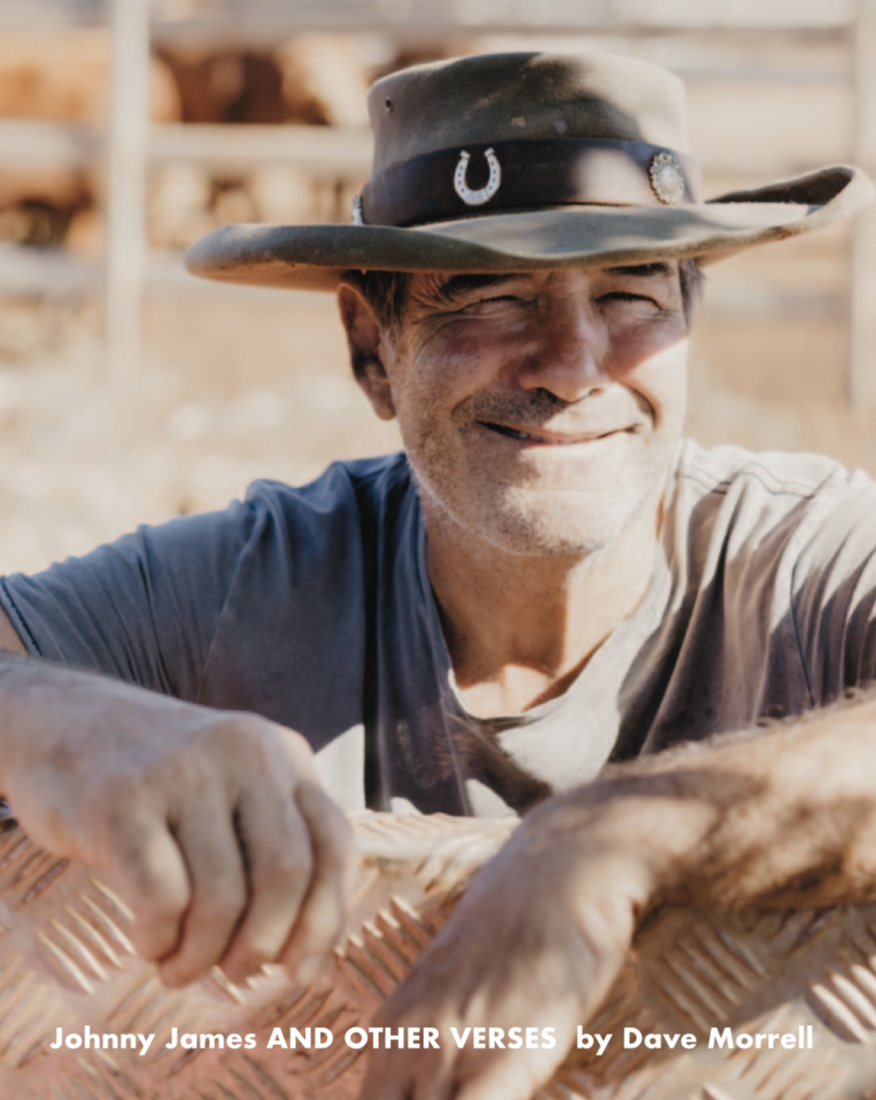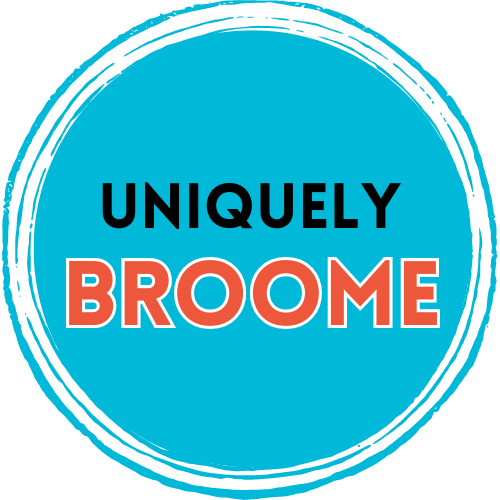
Poet - Dave Morrell
As a kid, I read and memorised a lot of Banjo Patterson. I loved his rhyme and rhythm and the stories he told in his poems. I’d never actually written any poetry myself until about thirteen years ago.
I was driving to a station to do a vet job and I saw my mate Terry Flemming had left his car and gone off with a stock agent to purchase cattle for an upcoming live cattle shipment. I heard myself saying “Now Terry’s gone a buying and we don’t know where he are, first he went to Mt Pierre then on to Larrawa” which is obviously a bit of plagiarism from Banjo Patterson’s Clancy of the Overflow. The next day upon returning from the station run I had a rough poem, The Cattle Buyer. The poem was only for my fun and maybe to be shared with the guys at the cattle yards.
The little creative outburst, quite excited me and I found I had several poems hiding in my subconscious from childhood experiences growing up on cattle stations.
After that I continued penning poems about people and events that I found interesting and hoped others might find interesting, until I had about 30 poems down. I like to think my style improved and became more structures as time went on. At that stage, it was suggested I compile the drafts into a book.
A compilation of just poems, without any context seemed a bit dry, so since most of the stories were about real people and real situations, I started to collect pictures that would illustrate what I was talking about. I like to think the result was a lot of little stories that added to a bigger story about the initial exploration and beginning of the pastoral industry in the Kimberley and how that industry has changed over the last hundred odd years.
There is deep discussion about Aboriginal involvement in the cattle industry as Aboriginal stockmen and women were the backbone of the northern Australian cattle industry and exploration of the devastating effect white settlement had on Aboriginal culture from those early days of settlement up to and including today.
My poetry is an attempt to communicate and share a love for the Kimberley, for the pastoral industry and to help people understand that our history is so recent that much of it has only scantily been recorded, and show that it is rich and diverse in characters and that there is a history of sadness, bloodshed and maybe that there is some reconciling light at the end of the tunnel.
